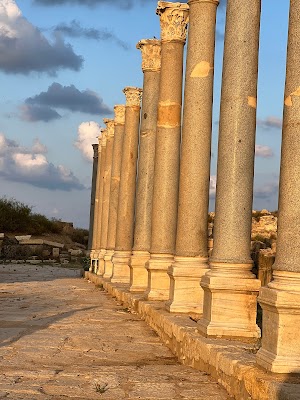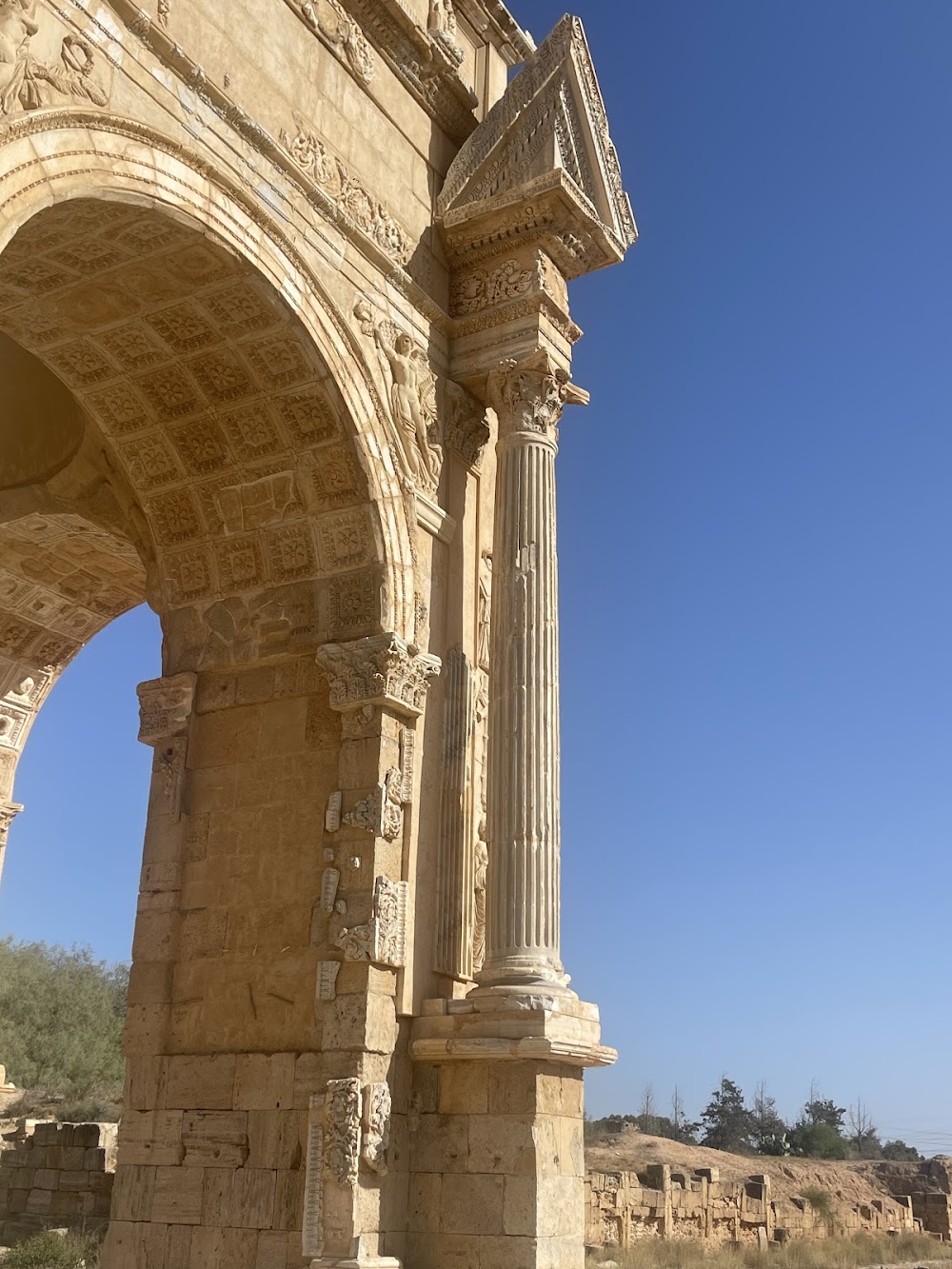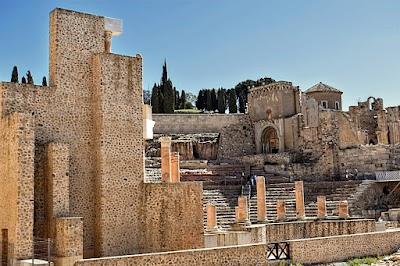Al-Murqub Museum (متحف المرقب)
Overview
Nestled in the charming town of Murqub, Libya, the Al-Murqub Museum is a hidden gem that offers a captivating glimpse into the region's rich history and vibrant culture. This delightful museum, often overlooked by mainstream tourists, is a must-visit for anyone eager to explore Libya's heritage and appreciate its unique offerings.
Established in the mid-20th century, the museum was created to preserve and promote the historical and cultural artifacts of the Murqub region. Housed in a beautifully restored traditional building, the museum itself serves as a testament to Libyan architectural heritage. As you approach, the stunning facade—combining classic Islamic design elements with local architectural styles—creates an aesthetically pleasing precursor to the treasures that await within.
Upon entering, visitors are welcomed by a meticulously curated collection of artifacts that span several millennia. One of the highlights is the extensive collection of ancient pottery and ceramics, showcasing the craftsmanship and artistry of early Libyan societies. These exquisite pieces not only captivate the eye but also provide invaluable insights into the daily lives, trading practices, and cultural exchanges that took place in the region.
The museum further boasts an impressive array of archaeological finds, including tools, weapons, and jewelry unearthed from various excavation sites around Murqub. These artifacts paint a vivid picture of early human settlements and their evolution over time. Among the most fascinating exhibits is a collection of coins from different historical periods, illustrating the economic and political transformations that shaped the region's development.
History enthusiasts will be particularly thrilled by the section dedicated to the Roman and Byzantine periods, featuring stunning mosaics and architectural fragments. These relics highlight the significant influence these empires had on the region, and the intricate details of the mosaics are sure to enchant any visitor with an appreciation for ancient art.
The Islamic era is equally well represented, with a variety of manuscripts, calligraphy, and religious artifacts showcasing the region's rich Islamic heritage. The beautifully preserved Quranic manuscripts stand as a testament to Murqub's historical significance as a center of Islamic learning and scholarship. Additionally, traditional costumes and textiles from various periods offer a colorful glimpse into the evolving fashion and fabric arts of the Libyan people.
One of the museum's most significant aspects is its role in preserving the local folklore and traditions of Murqub. The ethnographic section features exhibits that highlight the customs, rituals, and daily activities of the local population. From traditional musical instruments to beautifully crafted household items, these displays provide an intimate look at the region's cultural identity.
For those interested in the more recent past, the museum also features exhibits on Libya's struggle for independence and modern history. Photographs, documents, and personal items from key historical figures serve as poignant reminders of the country’s journey towards becoming a modern nation-state.
In addition to its permanent exhibits, the Al-Murqub Museum frequently hosts temporary exhibitions, educational programs, and cultural events aimed at engaging both locals and tourists. These events provide visitors with opportunities to delve deeper into specific aspects of Libyan culture and history, often featuring guest lectures from renowned historians and archaeologists.
The surrounding area of Murqub is an attraction in its own right. Known for its picturesque landscapes and traditional markets, visitors can experience the local way of life first-hand. A visit to the Al-Murqub Museum can easily be combined with a leisurely stroll through these charming streets, allowing you to savor the local cuisine and hospitality.
In conclusion, the Al-Murqub Museum is more than just a repository of artifacts; it is a gateway to understanding the rich and diverse history of Murqub and, by extension, Libya itself. For foreign tourists, it offers a unique opportunity to connect with the cultural and historical fabric of the region, making it an essential stop on any itinerary. Whether you're a history buff, an art enthusiast, or simply a curious traveler, the Al-Murqub Museum promises an enriching and memorable experience.






